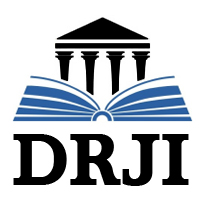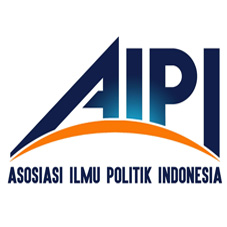Good Governance Dalam Praktek Pemerintahan Desa : (Studi Penerapan Undang-undang Nomor 6 Tahun 2014 Di Desa Nimasi Kecamatan Bikomi Tengah Kabupaten Timor Tengah Utara)
DOI:
https://doi.org/10.32734/politeia.v15i2.11516Keywords:
Good Governance, Village GovernanceAbstract
This article uses a qualitative descriptive method. This research method aims to describe and interpretation the meaning of a phenomenon or situation based on the data collected. The principles of good governance include community participation, law enforcement, transparency, responsiveness of officials, service effectiveness and efficiency, accountability and the rule of law. These principles must be implemented to improve the quality of public services and meet community expectations. There are challenges and obstacles in the implementation of Law No. 6 of 2014, such as a lack of personnel and infrastructure, unclear timelines for completing documents, and a lack of transparency in providing information as happened in Nimasi Village, Bikomi Tengah District, Timor Tengah Utara Regency. From the results of the conclusions, it shows that village management in general implements good governance but found basic problems such as (1). The uneven competence of human resources in Nimasi Village is due to the lack of training of village apparatus in managing the village. Such as BUMDes management and sustainable skills development. (2). The translation of policies from districts to actors in villages is difficult to implement through the formulation of rules that will be applied to the public in villages. (3). There is no complete supporting equipment for training and empowerment of the Nimasi village community.
Downloads
Downloads
Published
Issue
Section
License
Copyright (c) 2023 Politeia: Jurnal Ilmu Politik

This work is licensed under a Creative Commons Attribution-ShareAlike 4.0 International License.














